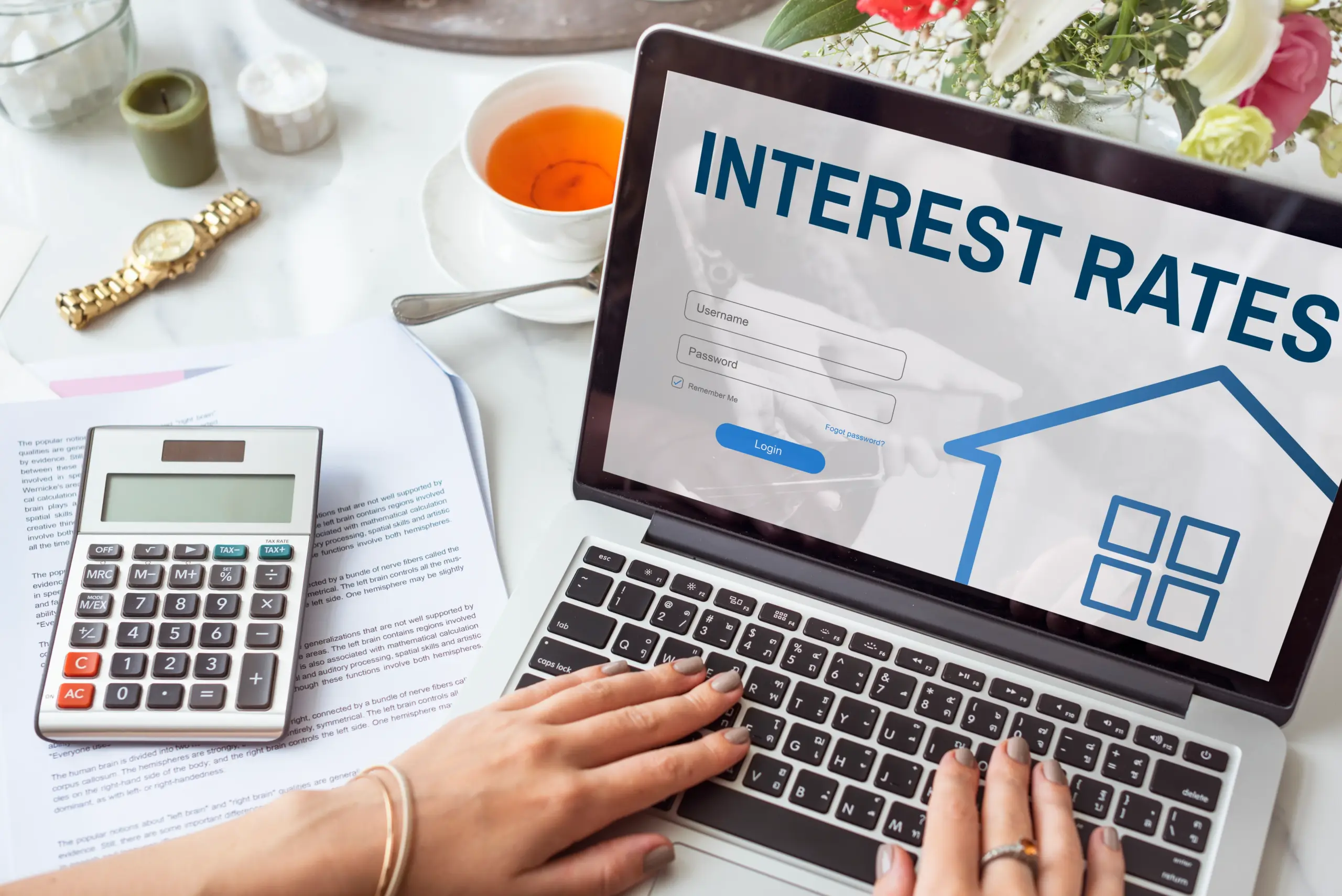To refinance or not to refinance that is the question. This is always a great question and for each person their situation and answer to it will be different. The questions to be asking yourself are what are your reasons for considering refinancing. The most common reasons to refinance are to save money. Whether that means by lowering your interest rate, removing mortgage insurance, taking out equity to pay off debt or even shortening your term. All of those reasons come down to saving money, it is just more a question of at what cost and is it the right time.
One thing to consider and evaluate is reviewing your credit and FICO score to make sure your are in good standing. This does not mean that if your credit score is below average that you can’t refinance. But it does help if you have a higher score in order to have more options and it doesn’t hurt to try to improve your credit score prior to applying to refinance, unless you don’t have the time and refinancing is an immediate need.
Other items to consider is will the savings in rate, monthly payment, decreased debt or lower term, outweigh the expected initial cost of your refinance? The best way to determine your options and what it will cost you is to have a mortgage analysis. You will want to make sure the lender you choose to work with is looking out for what your needs and your financial future goals.
Many times, as a consumer, we may feel hesitant and very concerned about refinancing in order to consolidate date. Using our equity to pay off other existing bills can feel very distressing because we are increasing our mortgage amount. It may even feel counterintuitive when our goal is to have a lower mortgage payment. But what we need to stop and consider is that if you are freeing up monthly expenses, then you are lowering the overall cost of your debt. Line it up, total it out, what you pay out, is your debt regardless of whom to. At least mortgage interest, has the potential to be tax deductible. Also, keep in mind that your mortgage interest rate will likely be much lower than your credit card or personal loan. Once you factor in tax benefits of mortgage interest, the effective cost of a mortgage is that much lower. You could even take the savings of normal monthly debt payments you are eliminating and consider putting more into your new mortgage payment, or savings. This will allow you to pay your mortgage balance down sooner, as well as, freeing up funds to put in savings and other investments that will help you create more money in the long run. The benefit here can be exponential.
The main thing to consider is after refinancing in order to save money, do you plan to use the savings wisely? It takes discipline and a strategy in order to reap the benefits of your refinance. Again, this takes finding a strong, experienced and knowledgeable lender to help guide you through this process.They should be able to help craft a structure and strategy to empower you. A recent example for us, is having helped a client increase their household cash flow by over $1,500 a month once the refinance finished.
Now be mindful that looking for a great lender is not always one with the lowest rate. Rather you should expect their rates and fees to be competitive. I can’t tell you the number of times we get calls looking for help in the middle of the process from clients who were looking for a “quick” and easy option end up actually getting caught paying more when they thought they were getting the lowest rate.
Please contact us if you would like a mortgage analysis or have any further questions.










